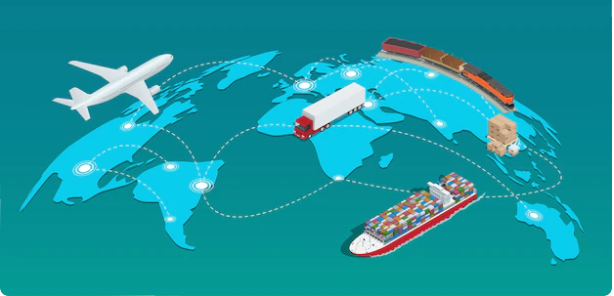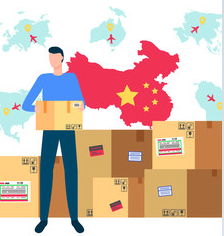
We often preach to our clients that sourcing is an underrated process deserving of greater attention. If your business is importing from China and you’re experiencing issues with product quality, lead times, and pricing, it’s likely directly related to your initial efforts with sourcing and verifying suppliers.
We often see businesses that have the volume to purchase factory direct making the mistake of purchasing (knowingly or unknowingly) from a Chinese trading company. In this post, I will briefly explain 10 reasons why buying from a trading company is a terrible decision.
1. They outsource production.
Trading companies are not manufacturers, they take your order and then send the PO to a factory. Oftentimes those factories will then outsource production to another supplier, so essentially it has been outsourced twice!
2. They add a margin to the product.
Trading companies are middlemen and they survive as a business by adding their own profit margin to the product. To get lower pricing, it’s best to purchase directly from a Chinese manufacturer.
3. You have zero control over the supply chain.
Trading companies typically won’t disclose the factory they outsource to for the production of your product. This makes sense, because if you knew the actual manufacturer, why would you pay the trading company to add margin to the product?
Given this lack of transparency, it also makes it impossible to arrange third-party auditing and post-production quality control. It is also impossible for you to own the tooling and molding for any products that you have designed, as the trading company won’t disclose the factory that is using your molds and tooling.
4. They frequently change suppliers.
To increase their own profit margins, trading companies will often outsource future orders to another cheaper manufacturer. It’s impossible to maintain consistent product quality when your factory changes order-to-order.
5. You are better off building a relationship with the manufacturer.
If you want to build a scalable business importing from China, you need to develop a relationship with your supplier. When problems arise (and trust me they will), you want the option to reach out to the factory’s boss to get a quick resolution.
Whether that’s to do with changing product design, resolving quality problems, locking in raw material prices, or rushing through an order when you’re business is low on stock.
6. Trading companies close down quickly.
Trading companies are often capital-light businesses, which means they can shut down quickly, change businesses names, and take-off with your investment. We’ve seen this happen countless times. To protect your investment, it’s essential that you have a contract in place with the actual manufacturer.
The contract should be compliant to Chinese legal standards and cover product specifications, quality requirements and technical standards, packaging requirements, lead times, no unauthorized outsourcing, payment terms, force majeure, port of loading, etc.
7. Miscommunication.
When you communicate design requirements, packaging requirements, technical specifications, and compliance requirements, this needs to pass from the trading company and then on to the actual manufacturer (and possibly on to another factory if the first factory is themselves outsourcing!).
A lot can go wrong in terms of miscommunication. It becomes a case of Chinese Whispers (Game of Telephone in the US).
8. Trading companies are sales and marketing orientated.
Trading company’s primary business investment is building a strong sales team and a fancy website. Trading companies leverage their advantage in sales, communication, and marketing to wrangle business away from manufacturers. A manufacturer’s primary focus is production and they are typically less sophisticated with sales, communication, and service.
9. They are not hands-on.
Trading companies typically won’t visit the suppliers to communicate design requirements and to resolve supply chain issues. Instead, the salesperson at the trading company will relay your concerns over the phone (if you’re lucky) to the salesperson at the factory.
10. They are by nature unscrupulous.
For the reasons listed above, trading companies understand that serious importers prefer to buy direct with the manufacturer. To get around this, Chinese trading companies often falsely advertise themselves as manufacturers. A simple way to differentiate between the two is to remember that trading companies sell many goods across different product categories. Whereas factories will specialize.
It would be remiss of me not to mention that trading companies in China have an important role to play in the market. If your quantities are too small to go factory direct, then a trading company is a good option. Trading companies stock product which often means you can buy well below a factory’s minimum order requirements.






Leave A Comment